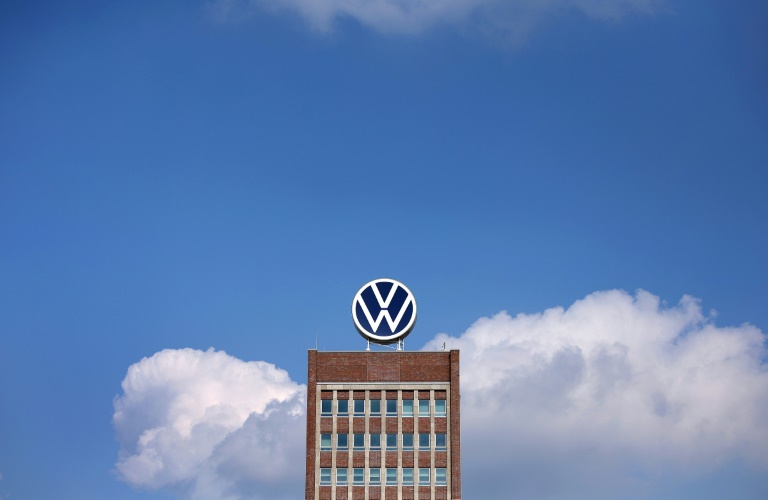Brussels on Tuesday called on Volkswagen to pay out all European consumers — and not just German ones — affected by the “Dieselgate” scandal in which the automaker tampered with vehicle emissions to cheat pollution tests.
EU Justice Commissioner Didier Reynders said in a statement that VW “is not willing to work with consumer organisations to find appropriate solutions for consumers,” noting that it so far is only making payouts to German and US purchasers of its vehicles.
“All consumers need to be compensated,” Reynders said.
But a VW spokesperson curtly responded to the EU appeal by saying: “Our legal position is unchanged.”
In an interview with AFP, Reynders accused VW of “bad faith” by trying to exclude European customers outside Germany from compensation by drawing out legal processes.
“I think it’s up to us to let European consumers know that a company has chosen to run out the clock in a bid to avoid paying compensation even as convictions keep piling up,” he said.
BEUC, an EU-wide consumer organisation, welcomed Brussels’s stance. “Such a statement is long overdue,” it said, calling it “another clear signal that the tide is turning for Volkswagen”.
The German car giant has already paid out damages, refunds and court fees of around 32 billion euros ($37 billion) in relation to the scandal.
Most has been disbursed in the United States, whose courts and regulators vigorously took up the matter.
The company has agreed to pay 750 million euros to 235,000 car owners in Germany.
But it is fending off thousands of individual and collective claims lodged in many territories, including in EU countries, which would greatly expand its financial exposure if they succeed.
VW said in July it had won 95 percent of the cases against it, after a court in Italy ordered the company to pay 63,000 Italian customers a settlement worth more than 200 million euros.
The crisis hit Volkswagen in 2015 when it was revealed it had installed devices in 11 million diesel vehicles worldwide that greatly reduce nitrogen oxide emissions when subjected to pollution testing.
The company admitted to the trickery and pleaded guilty to fraud in the United States in 2017.
– ‘Political pressure’ –
The tampering scandal has since ensnared other top European automakers, including BMW, Porsche, Daimler, Renault, Peugeot and Fiat-Chrysler.
Last month, four former VW managers went on trial in Germany on fraud charges related to “Dieselgate”. The trial of former chief executive Martin Winterkorn, 74, was split off into separate proceedings to start at a yet-to-be-announced date because of ill health.
It was the second significant criminal trial in relation to the scandal. Another, involving Rupert Stadler, the former boss of Volkswagen subsidiary Audi, began a year ago and is still ongoing.
Judges are trying to nail down who in the company was aware of the emissions-cheating software used and who gave the green light to the plan.
Reynders acknowledged to AFP that his appeal to VW constituted no more than “political pressure”. But he pointed out the longer-term damage to its brand if it continues its strategy.
“The risk Volkswagen runs in this case in reputational risk,” he said. “It’s really a trust question for consumers.”
He suggested that VW draw a line under the matter by extending pay-outs to all European customers who bought one of its altered diesel vehicles on the basis of the average compensation ordered by courts in Germany, Italy and the Netherlands.
He said that that average sum came in around 3,000 euros per vehicle. He declined to estimate what that would amount to across the EU for the automaker.
Reynders noted that the numbers of affected consumers included 150,000 in the Netherlands, 400,000 in Belgium and 900,000 in France.









